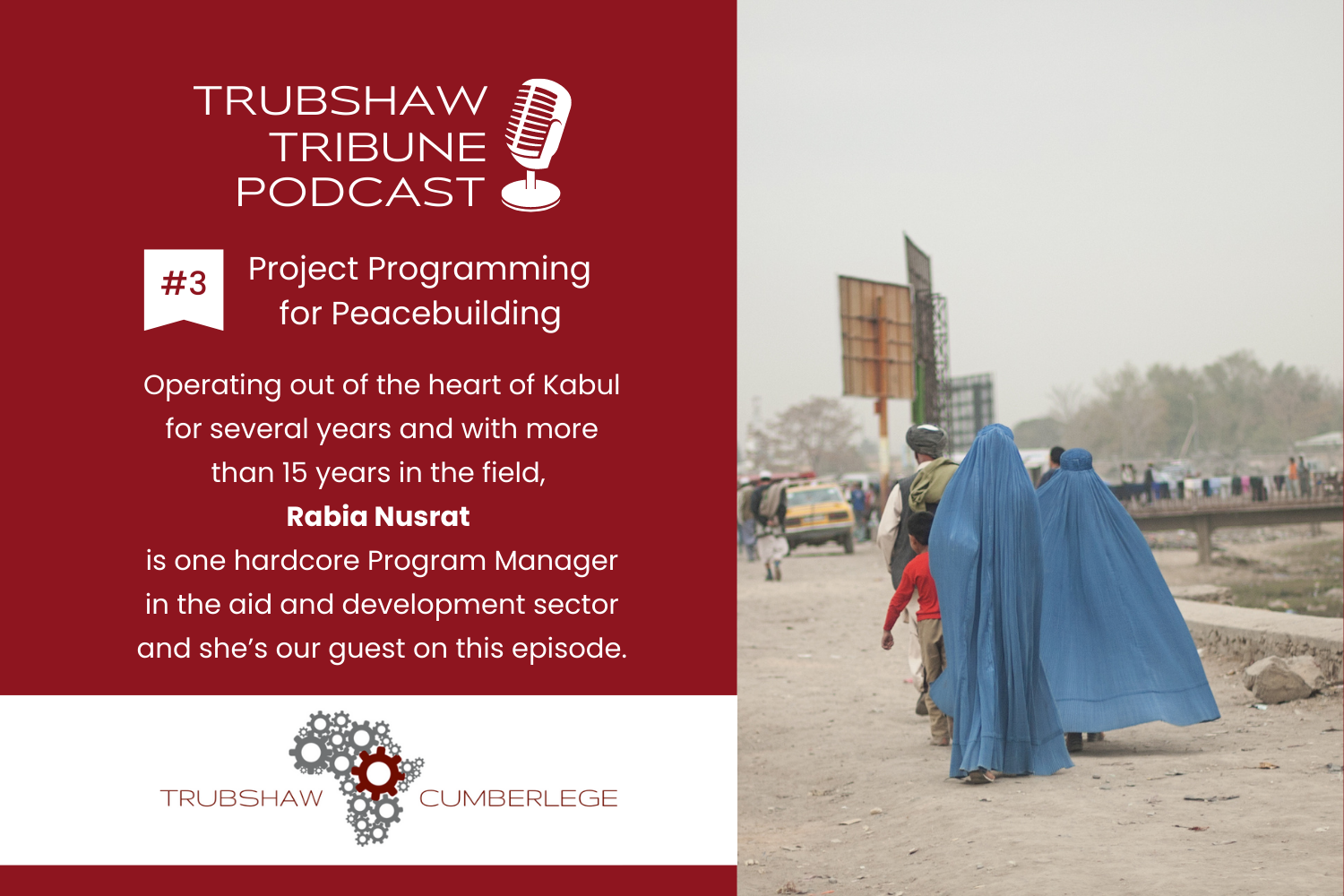
Combating Spread of Terrorism in Africa ‘Not a Concern for African States Alone, Challenge Belongs to All of Us’, Secretary-General Tells Security Council
Terrorist and violent extremist groups aggravate instability and human suffering. And they can plunge a country emerging from war back into the depths of conflict. Climate disruptions make matters worse, inducing intercommunal tensions and food insecurity that are exploited by terrorists and other criminal groups. And digital tools make spreading hate and disinformation easier than ever.

Armed conflict and climate change: how these two threats play out in Africa
Climate change is commonly framed as a risk multiplier that worsens conditions known to increase conflict risk, such as poverty and inequality.
Research shows that adverse climate conditions may lead to more support for violence. These conditions can also contribute to escalating or prolonging conflict. This is particularly the case in places marked by climate-sensitive economic activities, political marginalisation and a history of violence.

Risk Sharing in practice: Success stories, enablers, and barriers to risk sharing in the humanitarian sector
Sharing similar objectives and collaborating in the same delivery chains requires common risk management approaches
Humanitarian action is primarily intended ‘to save lives, alleviate suffering and maintain human dignity during and in the aftermath of crises.’ However, when looking at the contexts where the 274m people most urgently in need of assistance are located, it becomes clear that providing this assistance is an inherently risky undertaking.

Boko Haram, ISWAP Planning To Attack Aid Workers In Borno, United Nations Warns
The United Nations Department of Safety and Security (UNDSS) has said Boko Haram and Islamic State of West African Province (ISWAP) terrorists are planning to abduct humanitarian workers in Borno.

Aid Worker Security Report: Figures at a Glance 2022
Attacks against aid workers were more lethal in 2021 despite there being fewer major incidents relative to the two previous years. The 267 reported attacks resulted in 203 aid workers seriously injured, 117 kidnapped, and 140 killed—the most fatalities recorded since 2013.

ESG risks and geopolitics ranked top risks for mining companies – survey
Global mining and metals executives rank environment, social and governance (ESG), geopolitics and climate change as the top three risks facing their business over the next 12 months, a survey by consultancy EY has found.

The underexploited potential of the ESG framework
The environmental, social, and governance framework was created with two objectives: to help companies manage environmental and social risks — do no harm — and incentivize them to contribute greater social and environmental impacts — do good. To date, it has been used as a risk management tool at best and a compliance obligation at worst. As a result of cumbersome reporting systems and problematic applications of the framework, the very essence of ESG is at risk — and it is key that E, S, and G are not separated.

Unpacking the complexities of ESG and sustainability
In a recent article published by the World Economic Forum, which investigated the factors shaping the future of consumption and buying decisions, it was highlighted that consumers and employees, who form part of the critical stakeholders of any organisation, especially the next generation such as Millennials and Gen Z, have increasingly different expectations for both businesses they buy from, invest in and work for.

Episode #5: ESG vs Sustainability
Our guest on this episode is a veteran of the sustainability industry with a breadth of experience from retail to mining, Jack Cunningham. Together we’ll be exploring something that is both surprisingly and yet not that surprisingly misunderstood - ESG versus Sustainability. Join us as we discuss the difference and why the distinction matters.

Social risks can be credit risks
Over the past few years there has been an expansion in the social factors considered by investors and other stakeholders. Topics such as health and safety, diversity, workers’ rights and human rights have become more central to sustainability strategies for a wide range of bond issuers from corporates to sovereigns. This is supported by a more consistent and comprehensive reporting environment, regulations and improved market standards.

Episode #4: Responsible Mining
The Initiative for Responsible Mining Assurance (IRMA) provides a solution to a global demand for more socially and environmentally responsible mining. IRMA offers true independent third-party verification and certification against a comprehensive standard for all mined materials that provides ‘one-stop coverage’ of the full range of issues related to the impacts of industrial-scale mines. Join us as we discuss IRMA and the mining sector with the organisation’s Executive Director, Aimee Boulanger.

Mining Independence Is The Key To Energy Independence
Until recently, ESG investors avoided the mining industry. Fairly or not, to many it had a reputation for environmental degradation, child labor, political corruption and neo-colonialism. Yet now, the entire energy transition depends on this industry. Without massive investments in base metals and key minerals, Europe and North America will fail to meet their carbon emissions targets and face a new form of energy insecurity.

Keeping miners honest is tougher than it seems
ENVIRONMENTAL, social and governance concerns (ESG) has become a handy slogan in company boardrooms and marketing departments. Critics say corporates pay mere lip service to ESG and deceive shareholders and the broader public about their green credentials – a practice called greenwashing.

Environmental, social and governance elevating to safety-equalling status, mining webinar hears
The shift from linear to circular value chains has the potential to impact all aspects of mining and requires a rethink, Anglo American Platinum sustainable impact head Stephen Bullock has told a Southern African Institute of Mining and Metallurgy (SAIMM) webinar.

ESG’s ‘Social License’ Will Endure Even If the Letters Don’t
McKinsey says the turbulence surrounding the concept’s components doesn’t change the fact that it’s here to stay.

The Growing Threat of Violent Extremism in Coastal West Africa
Sahelian militant Islamist groups are threatening border areas of littoral states where grievances held by pastoralist communities may provide an entry point for extremist interests.

Congo to Auction Land to Oil Companies: ‘Our Priority Is Not to Save the Planet’
Peatlands and rainforests in the Congo Basin protect the planet by storing carbon. Now, in a giant leap backward for the climate, they’re being auctioned off for drilling.

Explosion of violence in South Sudan threatens peace pact
An explosion of violence in South Sudan is raising fears that the country’s fragile peace agreement will unravel before elections the international community hopes can be held next year. The wave of near-daily killings across this East African country is often blamed on marauding militias whose attacks threaten the 2018 truce between President Salva Kiir and Vice President Riek Machar.

Three reasons for hope that South Sudan can find peace after 11 years of strife
South Sudan’s nation building never really started. Two years into its hard-won independence, a civil war broke out in December 2013. This robbed the country of an opportunity to lay down its foundations.

Episode #3: Project Programming for Peacebuilding
Rabia Nusrat is one hardcore Program Manager in the aid and development sector. And she’s our guest on this episode. Rabia has been a driving force behind women’s empowerment projects in Afghanistan, education projects in Pakistan, peacebuilding in Sri Lanka and much, much more. Operating out of the heart of Kabul for several years and with more than 15 years in the field, Rabia has a wealth of experience. Listen as she shares on-the-ground realities of running projects in extreme environments.
